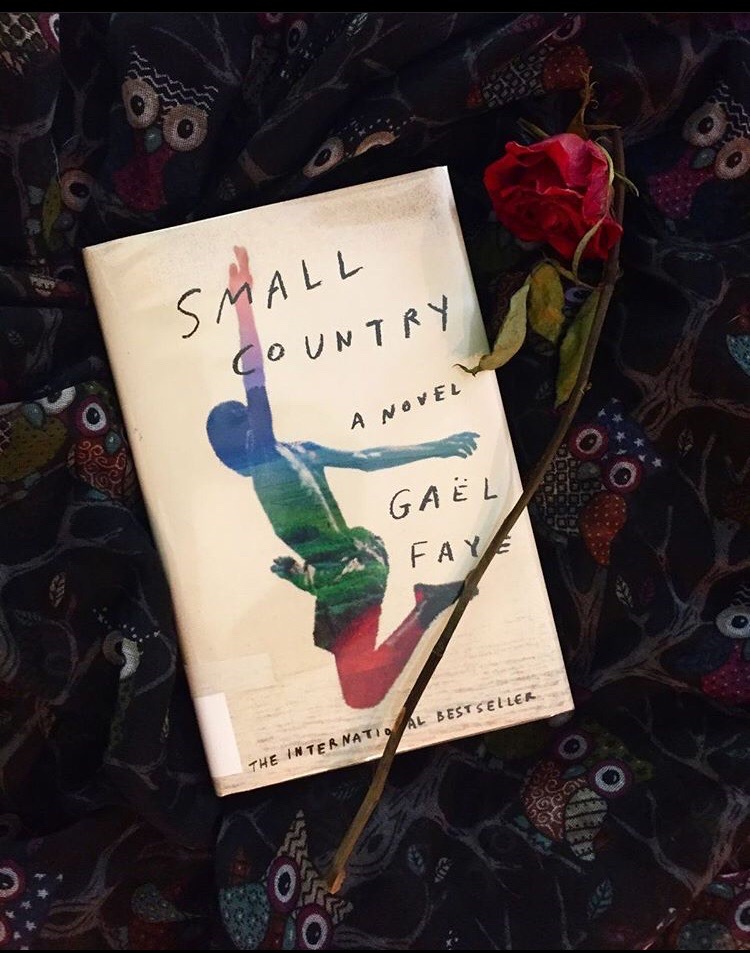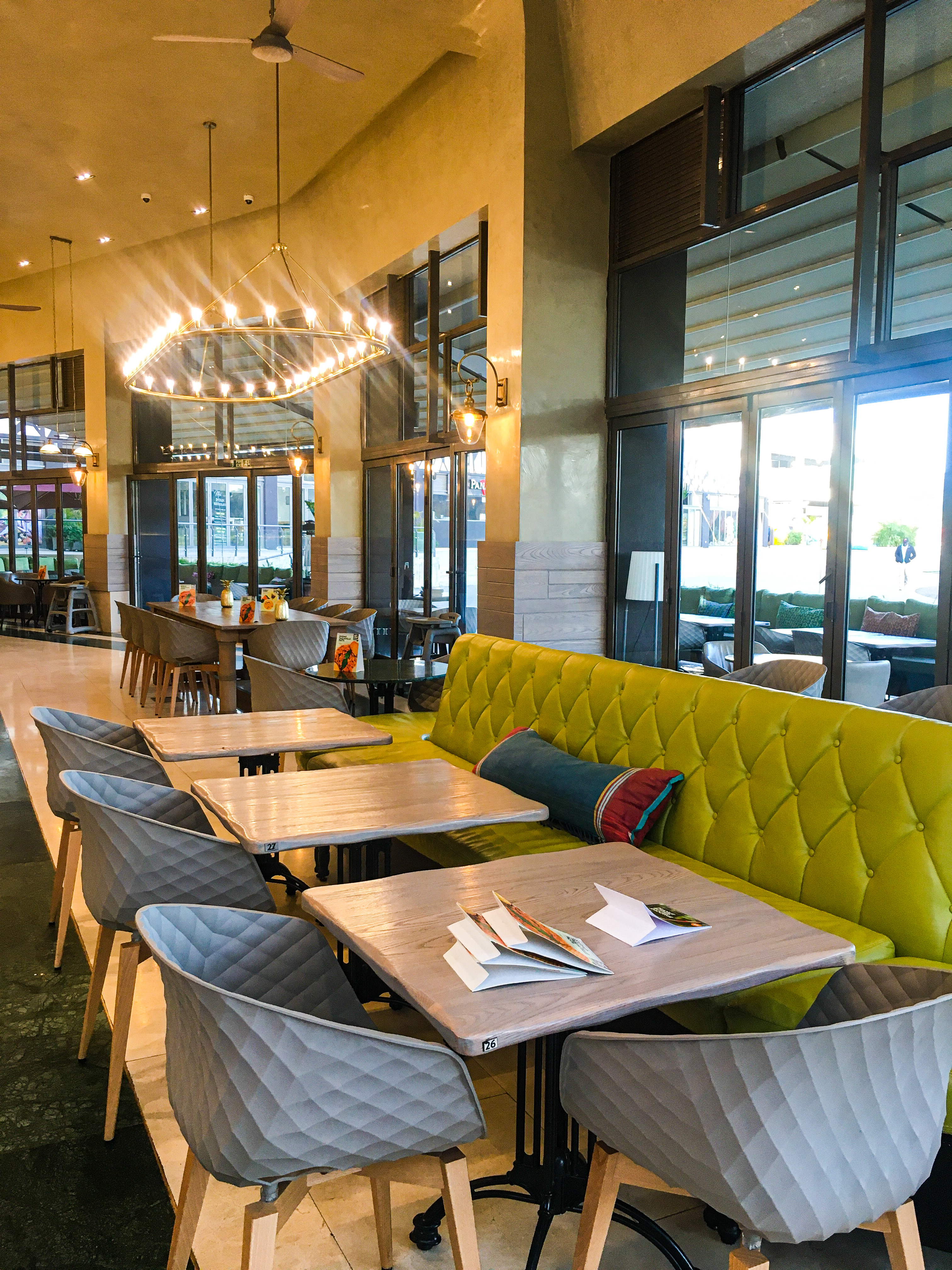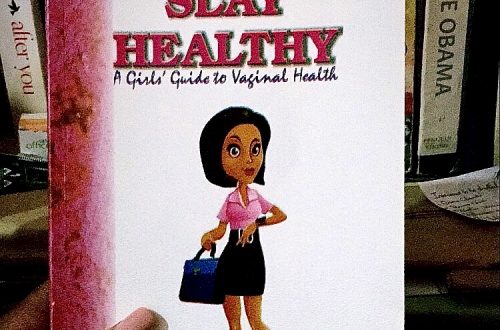
Small Country – Gael Faye
On the Saturday Nation of April 18th 2020, the work of Onyango Olual in his article, Morality in art: Just where should artists draw the line? caught my eye where he wrote;
Art can teach, warn, instill values, entertain and diffuse tensions, all at the same time… Art is not arbitrary, neither is it time bound
Art is holistic and provocative while still reductive and detached. Which is how I felt about Small Country. I came across this read from my book club (joined after one rejection or an unseen request last year, a Direct Message this year and a long-adjective filled email later) that focuses on African Literature, my new reading muse.
The book tells the story of Gaby, a son to a French father and Rwandese mother in a crumbling marriage and a country on the brink of a Civil War neighboring Rwanda, about to blow up in a massacre. The book seems to tell the other side of the story of what happened in the Small Country.
From a little background check, picking up on some pretty major awards such as Prix Goncourt des Lycéens in 2016, my interest was peaked and I was further sold when I learnt the story shared aspects of the authors real life experience. I have however learnt (from my new book club of course) that as I delve into the African Literature I will need to be cautious where author have ‘award’ winning books since such awards can be given out like candy to fill the void of history in some parts of our beloved continent, but that’s a story for another day.
I loved the short chapters, the amazing font and spacing, don’t get me started on the use of natural paper (as opposed to plain white that burns my eyes) it made the book a page turner. The cover also sold the title for me, a boy jumping with various colors depicting the sky, the vegetation and even the sub soil. I think the cover was well though out. Oh and the smell… I imagine that’s what Damon Salvator would smell like when handing me a glass of bourbon. Let’s say I had a pretty amazing feeling about the book.
I however ended up rating it a 3/5. I know whenever you start a book it’s important to read the book before letting people who’ve read it influence your opinion and I did and failed. I have some major issues but we’ll just look at one or two.
To begin, I felt detached from the characters. I normally don’t get characters names in the first 100 pages. They only grow on me once the characters are well founded. Here though I found myself trying to map them out not to lose track. The characters are introduced to you then immediately are out of sight before they come up a few chapters later. From the book club discussion I realized that authors sometimes don’t want characters to be memorable, and allow you to forget non essentials players. It just felt like everyone wasn’t important they were a temporary pawn in Gaby’s life before he moved on. Including his father and mother, who we could barely remember their real names.
To play good cop, the book is originally written in French and translated to English. This did make me fidgety because a lot can get lost in translation but after my amazing Auma Obama’s memoir find it here, I thought I had a bit of faith. Honestly, I wished I could read it in its original language. The detachment was glaring and I found myself powering through it for the sake of the book club ( I mean it was the first time after all I’m not trying to get kicked out!)
The book catches on after 100 pages very late into the book, everything from here is undesirably rushed as the turbulence starts. You realize too soon the privileged life Gaby lives, there’s a war going on but his father has made sure they know nothing of it. His mother left his father before and they don’t seem bothered. The scars do show later but it is so unreal. He is aware she is leaving but his sister Ana is too young to realize even when she leaves a second time to find her family in Rwanda. While the city is falling into a coup, with some finding hope and others knowing too well the clashes about to hit and gunshots becoming a normal occurrence, Gaby finds a chance to be lost in the world of books from his neighbor. Which is disappointing when you started the book thinking the author would take you into a war zone and map out the situation on the ground. All through he was worried about his pen pal.
I will say this, the book made me check my own privilege especially now during the COVID-19 pandemic. Staying at home since school is out isn’t much of a task. It’s easy to be disappointed at people who can’t sit home and stay still because they don’t have something to eat at night. How can they be so selfish? Or even to expect everyone to automatically work from home because we all have 4G and WiFi at home. Can’t we just pick up where we left of? In the real world there are jobs being lost, there are people who are hungry, there are families without access to what seem to be basic like whatsapp. We haven’t even touched on the fact that people can’t afford masks. It’s unfortunately impossible to see that when you have a healthy Netflix subscription, steady WiFi, a stocked fridge, Tik Tok videos to entertain you, dial a delivery whenever you’d like, a family under one roof and an opportunity to stay safe as required.
This is obviously not my favorite book. But it’s a book that needs reading, not because it paints a gruesome picture about what happened in Burundi, but it’s the story of Gaby trying so hard to fit into a word that tells him he can’t be French (as his father) Rwandese (as his father) or Burundian (as he’s from Burundi). He goes through an identity crisis during a war and is expected to pick a side. He flees and when he comes back home to the death of his father and insanity of his mother, you can see it is the desire to have an identity that drives him. And we have all struggled with our identity while younger, but worse yet when we are older and supposed to know it all.
When you choose to read this book my advice is read it in French (if you understand the language), have an open mind, it’s not just about the war but the scars left behind by the war. It is a story of what happens when revolutions are brewing, how families are torn apart because of race, how friends can become unrecognizable, how escaping a problem doesn’t make it go away. Finally, as you read it, remember it is art, it is neither arbitrary or time bound.
Format: Paperback
Publisher: Hogarth
Published: 2016
Genre: Literary Fiction
Setting: Burundi
Pages: 192
Price: Ksh. 1,500
Available at: Book Duka: The African BookstoreFeature image from pinterest.




